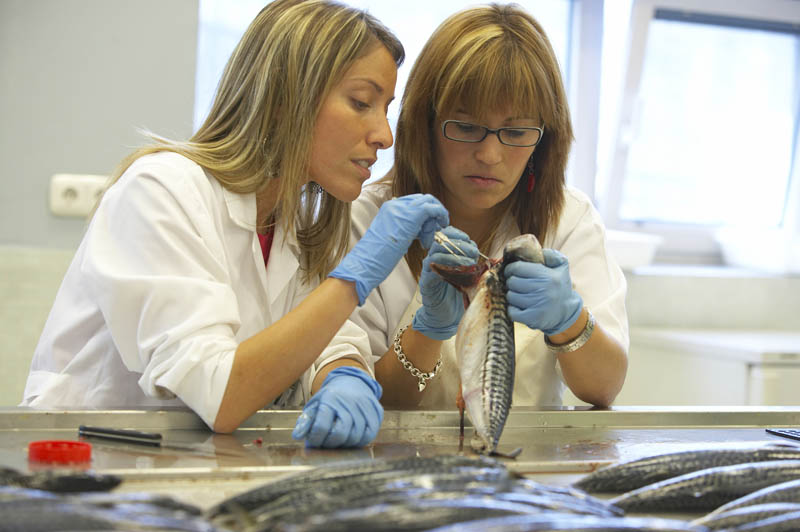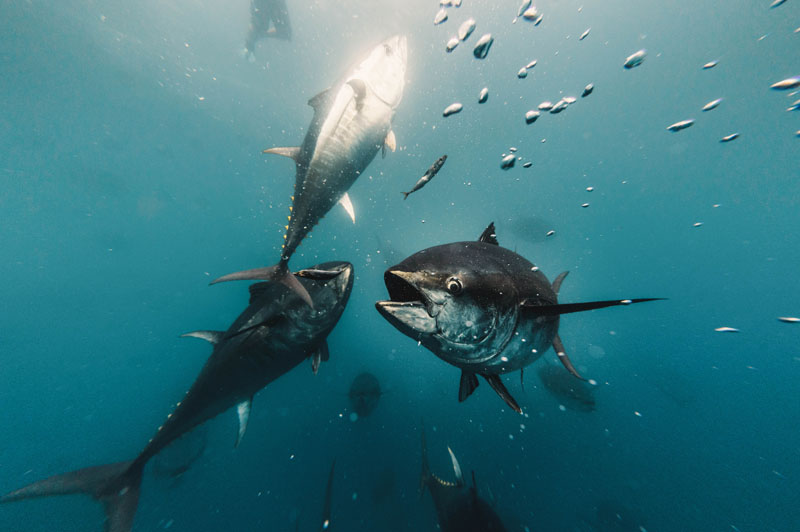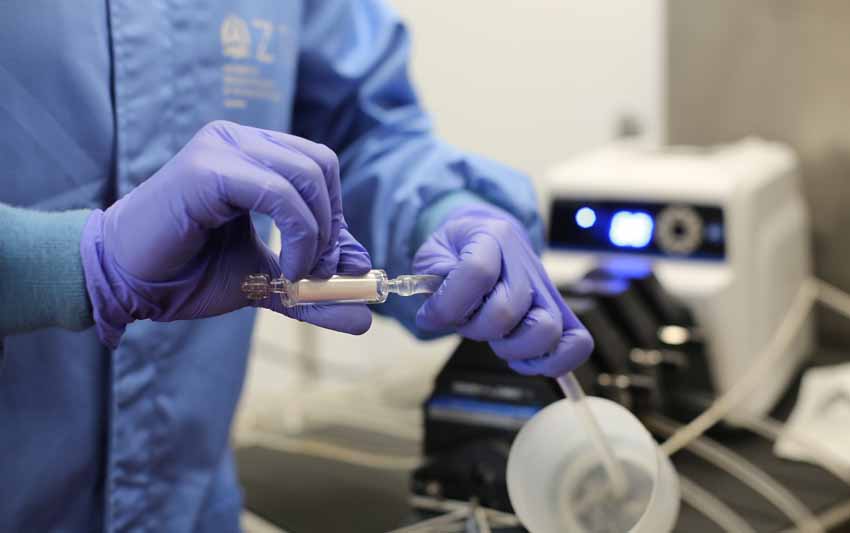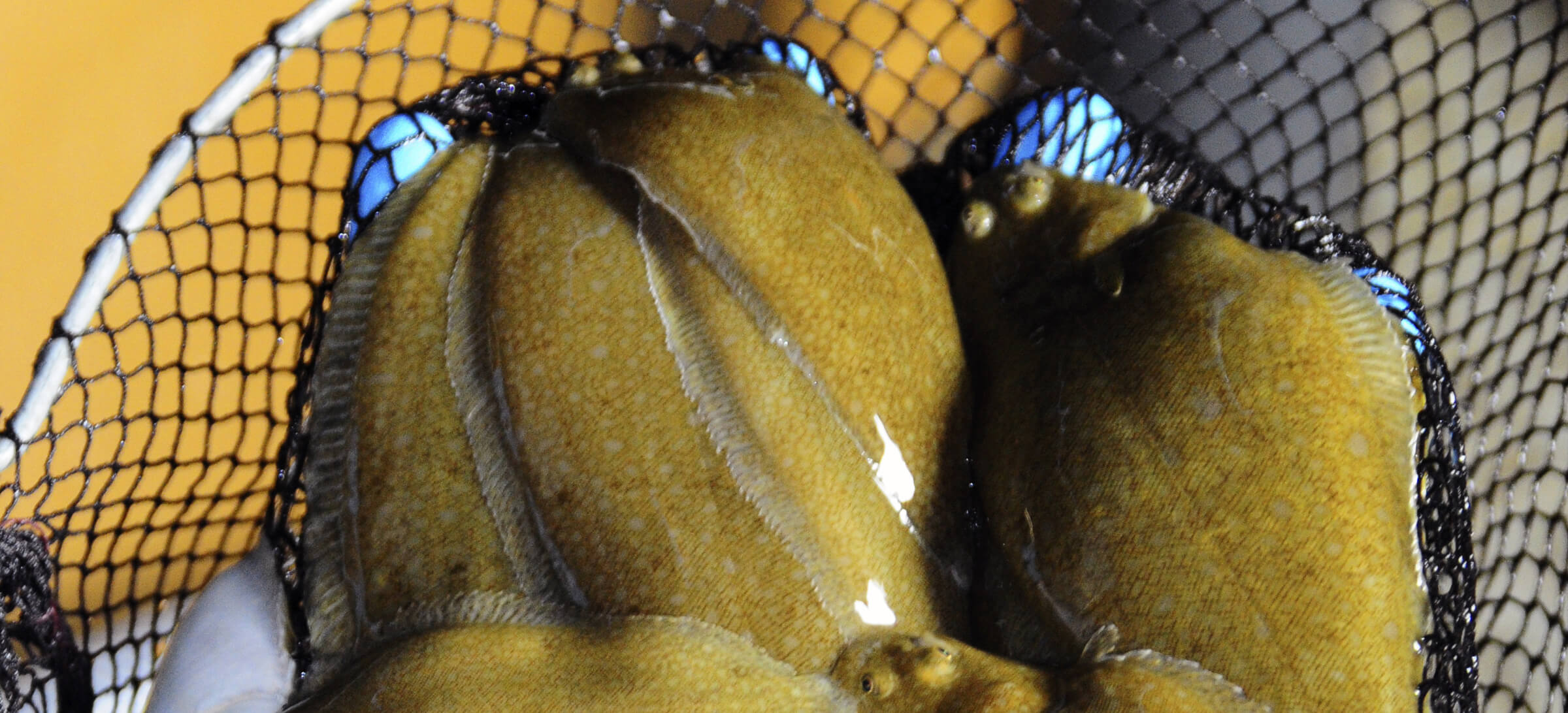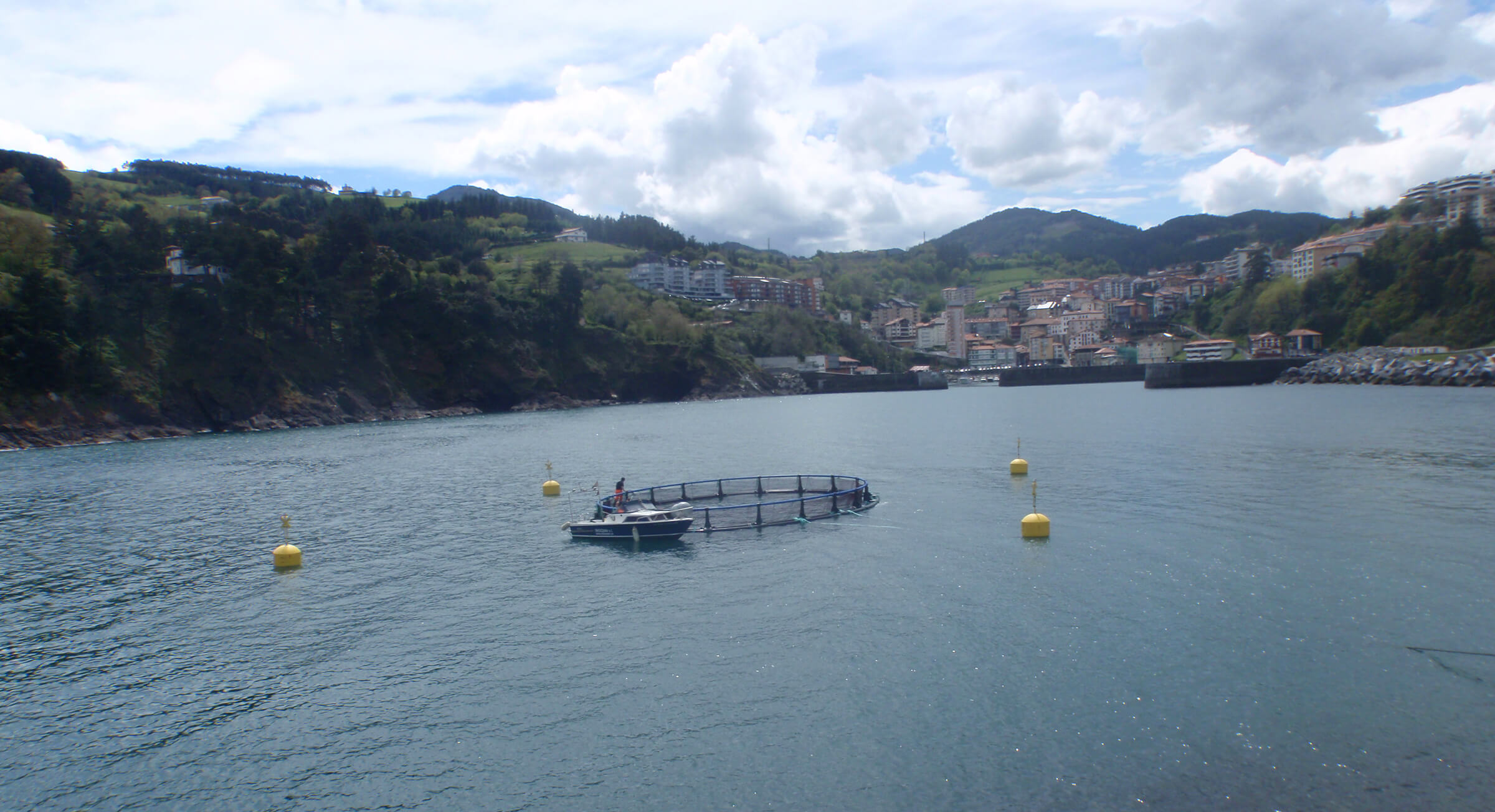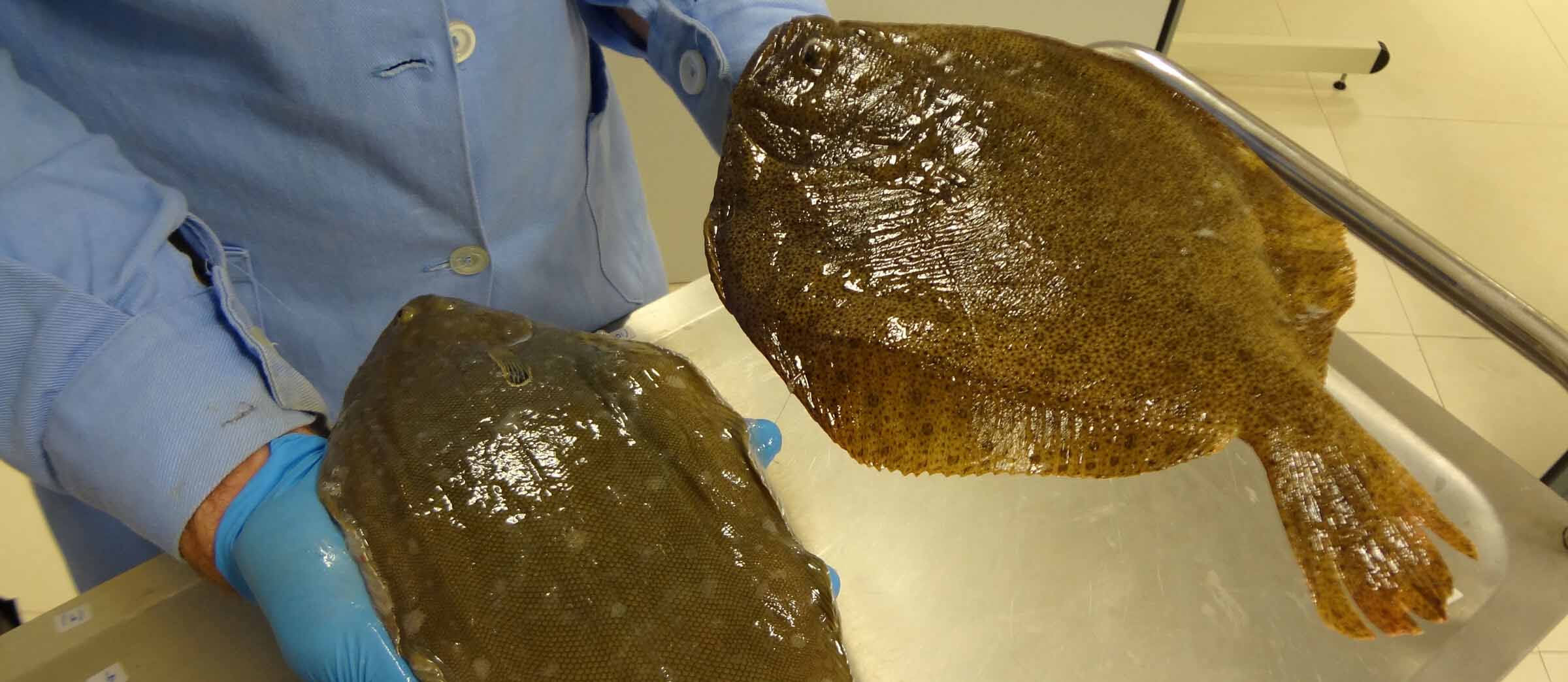Digitisation of fisheries
At AZTI we develop innovative technologies and tools that help fishermen make informed and effective decisions to improve the efficiency, sustainability and profitability of fishing.
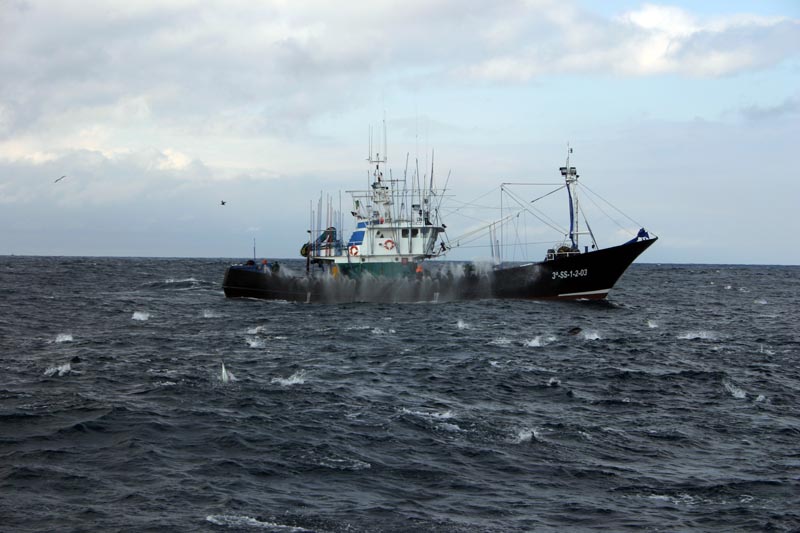
Committing to the digitalisation of processes will allow the sector to be more competitive, sustainable and resilient in the face of uncertain situations such as legislative changes, or unpredictable events such as the health crisis we are currently experiencing due to COVID. The use of technology can also contribute to mitigating the effects of climate change, as it allows the development of tools that reduce fuel consumption and carbon footprint. It also allows the development of systems to adapt to environmental changes that can influence the search for fishing grounds. Furthermore, the automation of processes and digitalisation of fishing vessels contributes to greater working comfort.
Improving predictive models
To make progress in mitigating and adapting to the effects of climate change.
- Locate fishing grounds (distribution of species).
- Detect areas of maximum fishing probability.
- Avoiding areas of high bycatch.
- Reduce fuel consumption and emissions
- Anticipate the best environmental and oceanographic conditions to reach.
- Identify the best routes to reach target species while reducing fuel consumption.
Improving the fishing process
Enabling fishermen to control and monitor their fishing operations more efficiently.
- Improved size discrimination and species identification in purse seine fisheries (reduced bycatch).
- Analyse information on biomass quantities (provided by buoys attached to FADs).
- Improved working comfort through automation of processes.
Improving data collection
A “circular economy” of data that optimises information for research, management and fisheries uses to the maximum extent possible
- Electronic fishery recording systems
- Data exchange platforms
- Big data analysis of fisheries data through artificial intelligence
